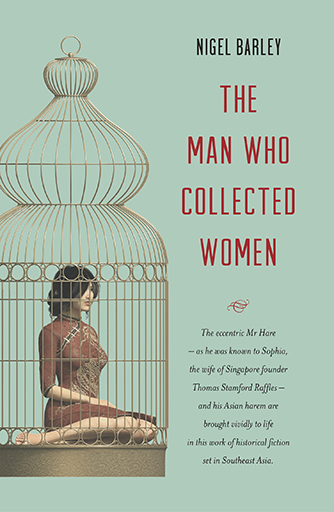Buy from Bookshop.org below (UK delivery only) and participating UK indie bookstores will receive a share of the sale. (Monsoon may also earn a commission from Bookshop.org, whose fees support indie bookshops.)
• Buy 3 or more paperbacks and get 20% off the list price (discount applied automatically).
• Build a library of books on Southeast Asia – visit Book Bundles for ideas.

